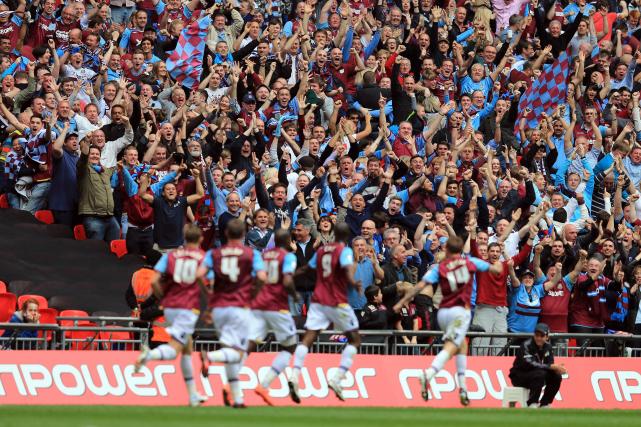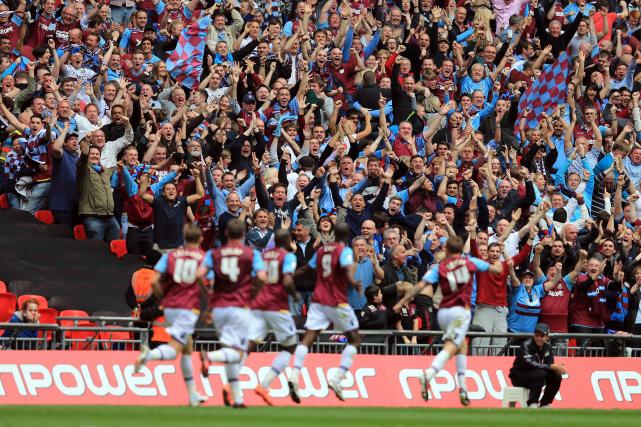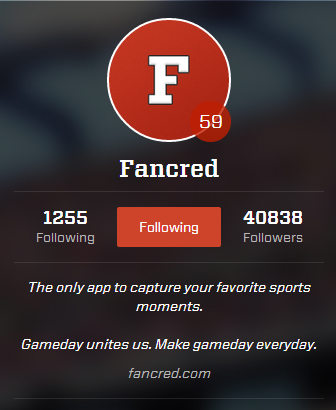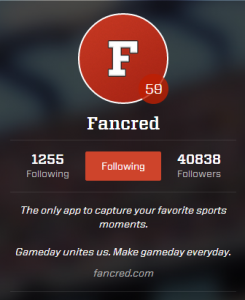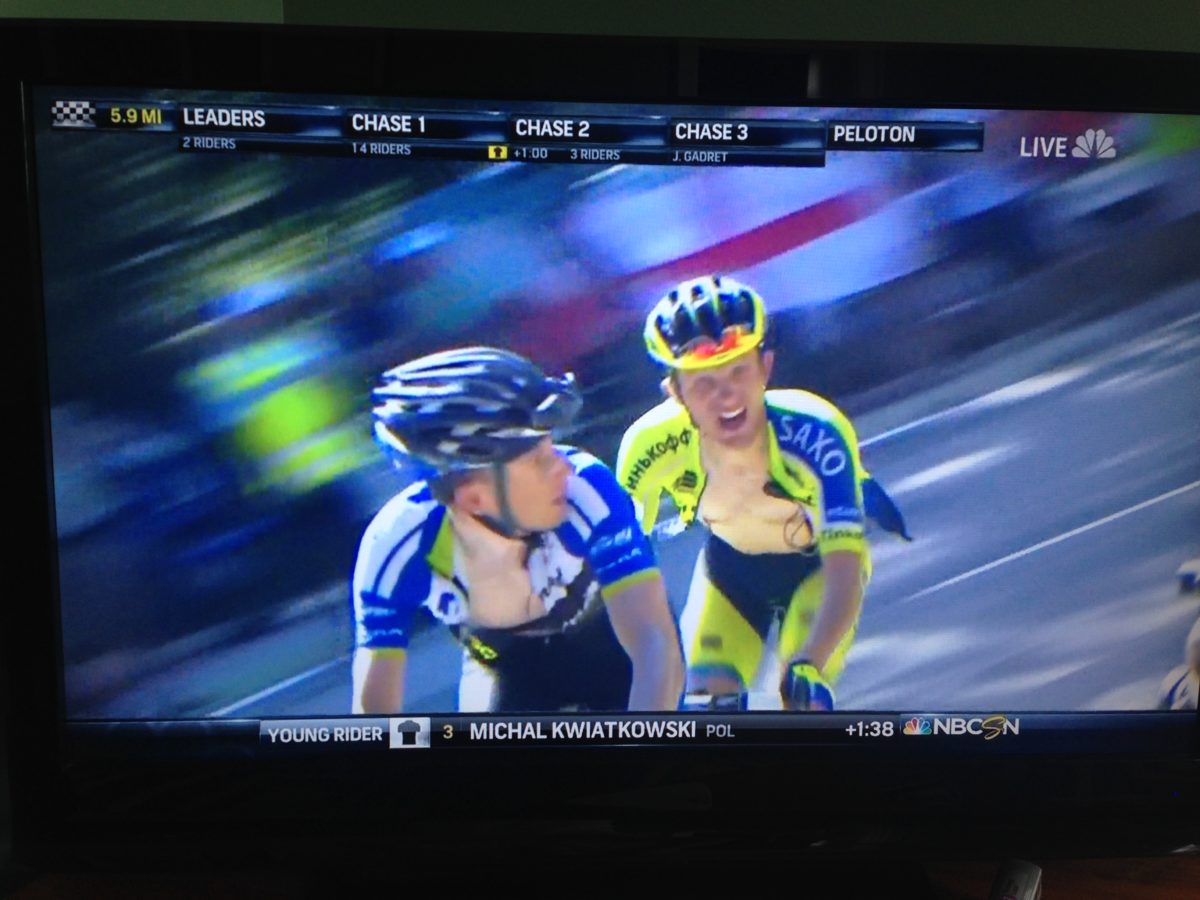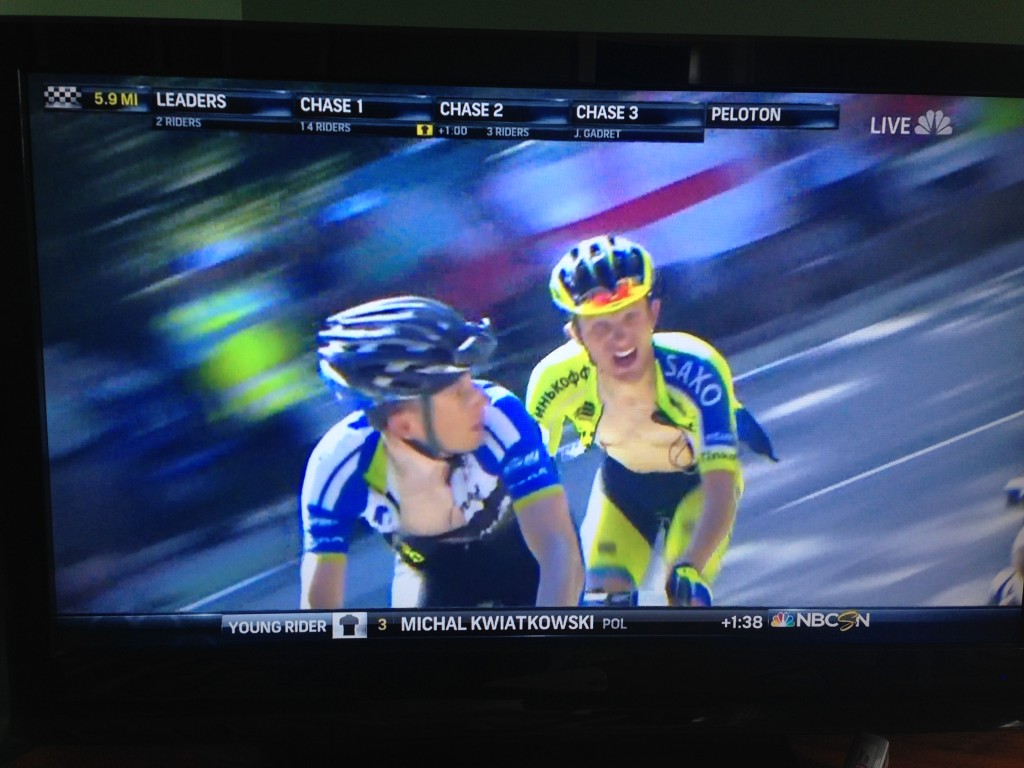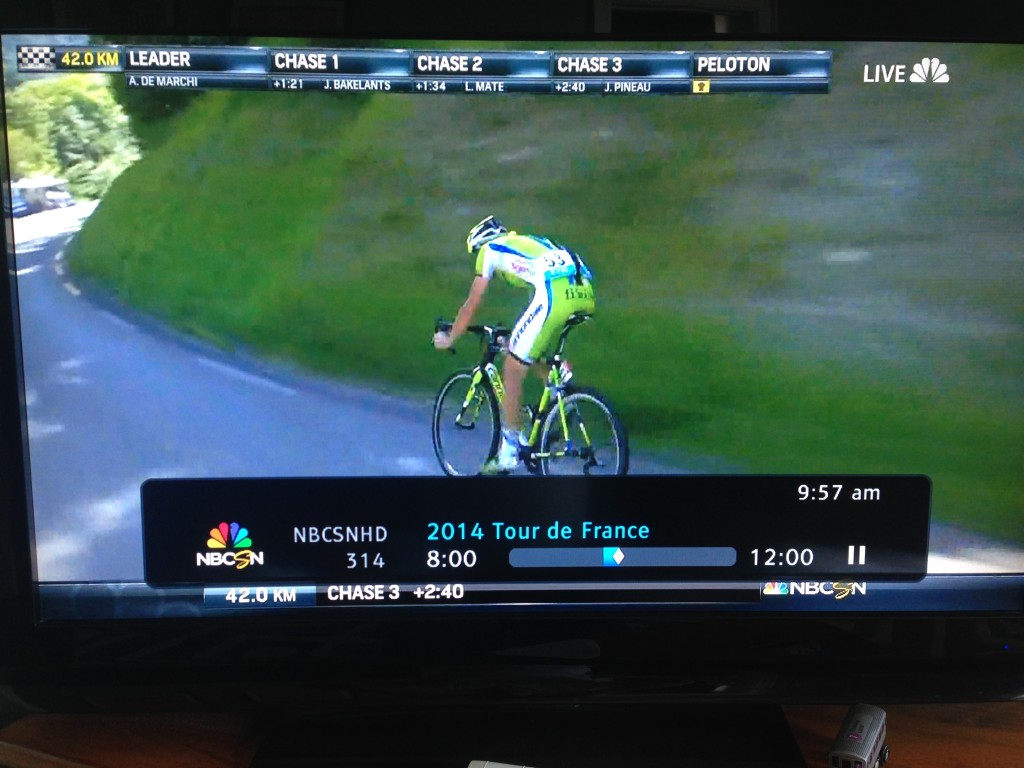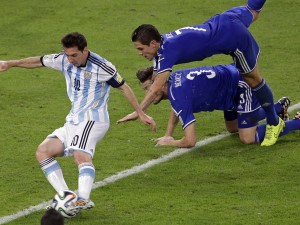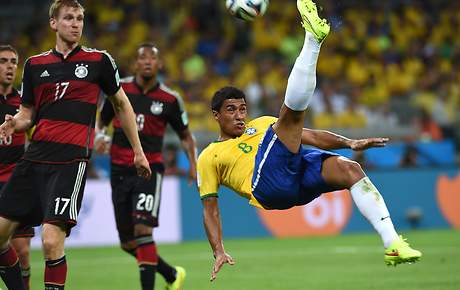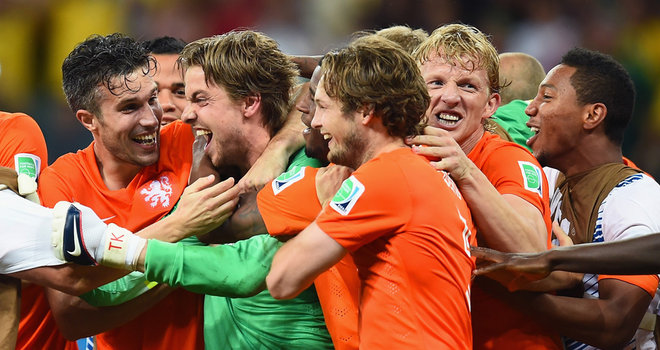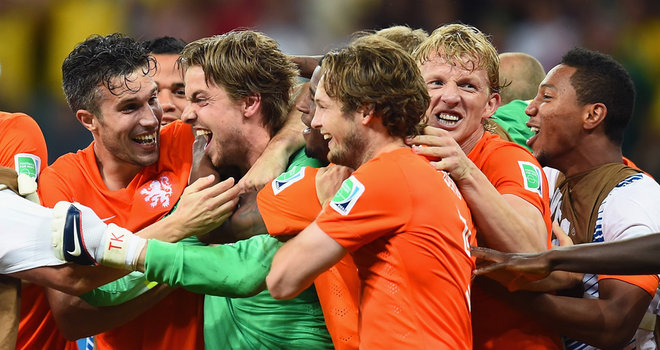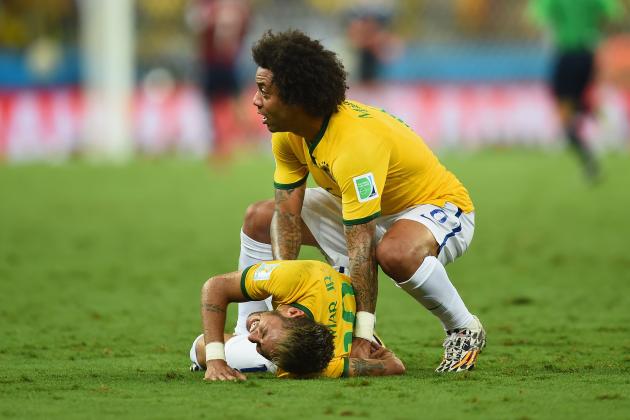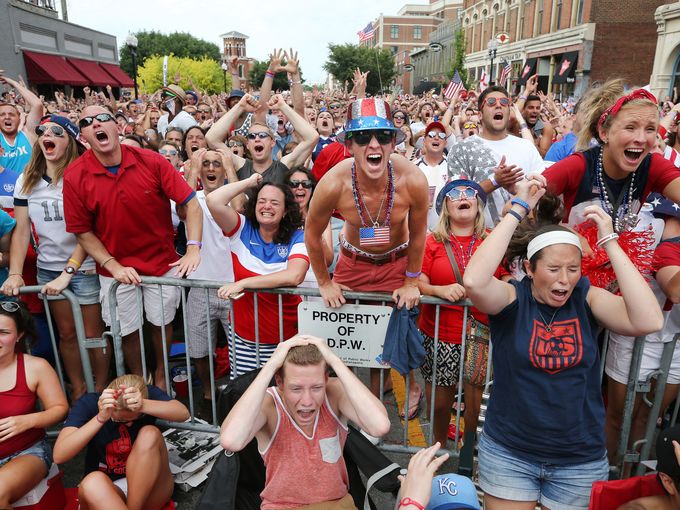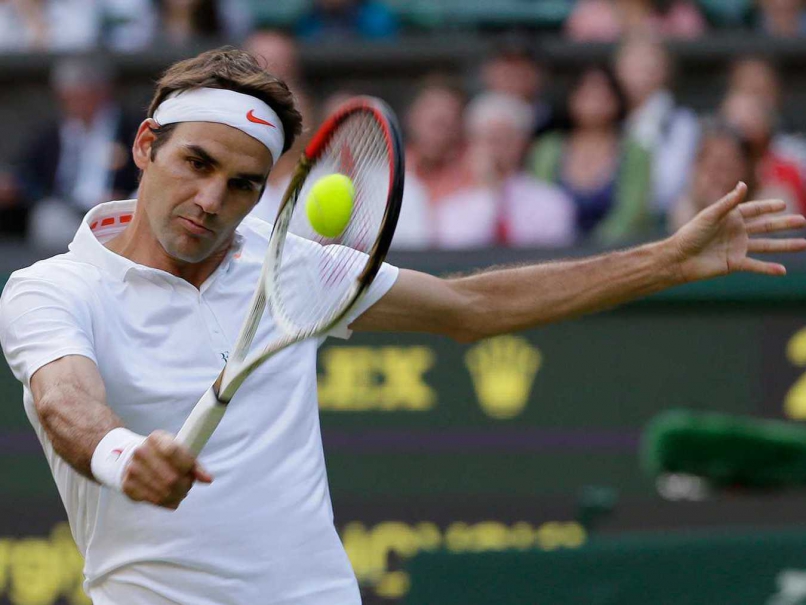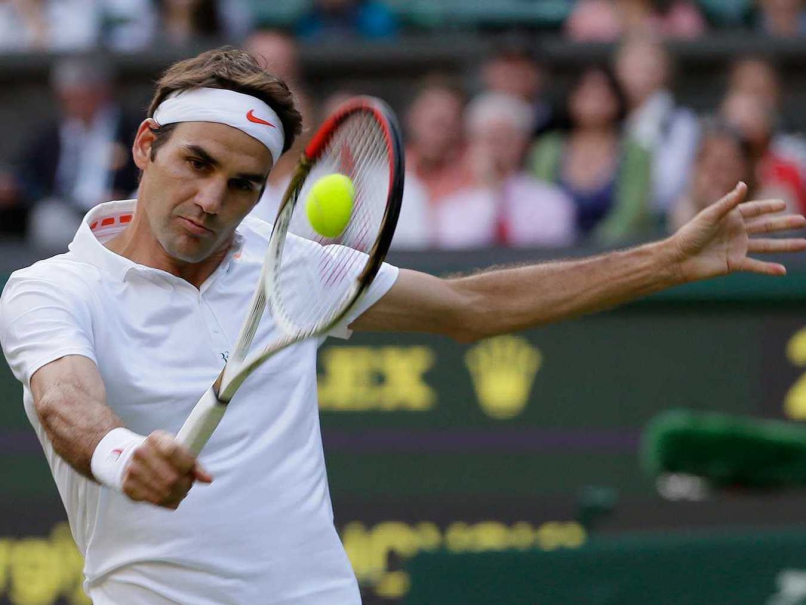Maybe the title of this blog post should really be “three reasons why the sports fan in your life wants to watch the World Cup third place game that might be good enough to convince you to watch it too.” It’s admittedly a thin line I walk, as a sports fan writing about sports for people who are more curious about the sports world than obsessed by it and who like to know enough to be conversant in sports but perhaps don’t really want every conversation they have to be focused on sports. I do, however, have some record of telling it how it is when I absolutely do not think a game is worth watching, and I happen to actually think the World Cup third place game between the Netherlands and Brazil on July 12, 4 pm, on ESPN is well worth the time. Here are some reasons why:
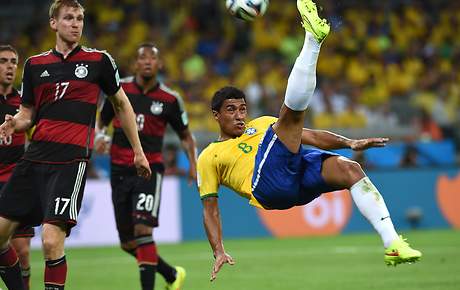 1. Third place games are usually great.
1. Third place games are usually great.
I will not go as far as to argue that the third place game is “often the best game” as the New Yorker does, but I will say that it’s often one of the most enjoyable games.
One of the unavoidable truths about soccer which influences almost every facet of the game is that every offensive move a team makes leaves it more vulnerable defensively than if it had not attacked. This is one of the reasons why soccer is so low scoring. A team that commits itself thoroughly to not being scored on, like the Netherlands did in their semifinal against Argentina by keeping as many players between Messi and their own goal as possible, can make it nearly impossible for the other team to score. In the third place game, there’s less reason for anyone to care that much about whether or not their team gets scored on. It’s for this reason that the third place game can be very high scoring. Since 1990 the World Cup championship game has averaged only 1.5 goals scored but the third place game has averaged 4 goals.
As long as a team you root for has a chance to win the World Cup, most fans are happy to make the trade-off of watching defensive soccer for the excitement of imagining that your team will actually win the World Cup. Once that possibility is gone however, it’s nice to watch soccer for its essential beauty — great athletes doing things with a ball and their feet, head, or chest, that given a million years you would not be able to replicate.
2. Brazil is like a roller coaster baby, I want to watch.
There have probably already been millions of words written in reaction to Brazil’s 7-1 loss to Germany in the semi-finals. My favorite article about it is from Grantland’s Brian Phillips. Here are just a couple of choice bits:
This wasn’t a match like other matches, wasn’t a loss like other losses… You could feel it wherever you were. It was the sense — obviously irrational, tautologically irrational, but still strong — that we were outside the realm of things that can occur.
Comparing it to an NFL game doesn’t work, for instance, because no NFL team is fanatically supported by a nation of more than 200 million people… And then, I’m sorry, but the scene in that stadium after the match, the intensity of the weeping — and not just the crowd’s, the players’ — did not, in deep and basic ways, resemble a big home playoff loss at Sports Authority Field. You knew as you were watching that Brazilian soccer’s idea of itself would never be quite the same, that the lives of these players would never be the same.
Knowing that Phillips is potentially underplaying the impact of that game on Brazilian players, coaches, and fans, how can you not be interested to see how they look and act and play a mere four days later, playing in the consolation game of a World Cup that they wanted to win so badly?
3. Swan song or cygnet chirp
First of all, baby swans are called cygnets. I have no idea how this is possible, but the internet tells me so. There’s always a little sadness in sport because players have such short careers. Soccer players are a little long in the tooth by 30 and well past their prime by 32. By 35 they are unlikely to be playing at the highest level anymore. (In fact, they are more likely to be playing in the U.S. professional league, the MLS, but that’s another story.) Events like the World Cup and the Olympics only heighten this bittersweetness because they only happen once every four years. I certainly felt a little sad thinking that their wonderful effort against Belgium might be the last time we see Clint Dempsey, DaMarcus Beasley, and Tim Howard play at a World Cup. For Dutch fans, the trio that they are feeling sad about is a trio of great players, Robin Van Persie, Arjen Robben, and Wesley Sneijder. This trio has lead the Orange attack for the last decade but seem sure never to win a World Cup. The closest they got four years ago when they lost in the championship game to Spain.
On the other side of things, time and age are also one of the reasons why hope springs eternal in sports. Again, because winning the third place game is not so important and because some of the more outspoken veteran players have openly groused about the existence of the game, we may see younger players in this game whose talent has been just raw enough to keep them on the bench for the tournament so far. You never know who might explode onto the scene.
— — —
To celebrate the World Cup in Brazil, Dear Sports Fan is publishing a set of posts explaining elements of soccer. We hope you enjoy posts like Why do People Like Soccer? How Does the World Cup Work? Why Do Soccer Players Dive so Much? What is a Penalty Kick in Soccer? What are Red and Yellow Cards in Soccer?, Why do World Cup Soccer Players Blame the Ball? and Reflections on the 2014 World Cup for the United States. The 2014 World Cup in Brazil begins on June 12 and ends on July 13.
